Here are some candidates for the role that I have heard about or suspect. I am adding a few more in based on a helpful comment.
Bishop Eric Menees
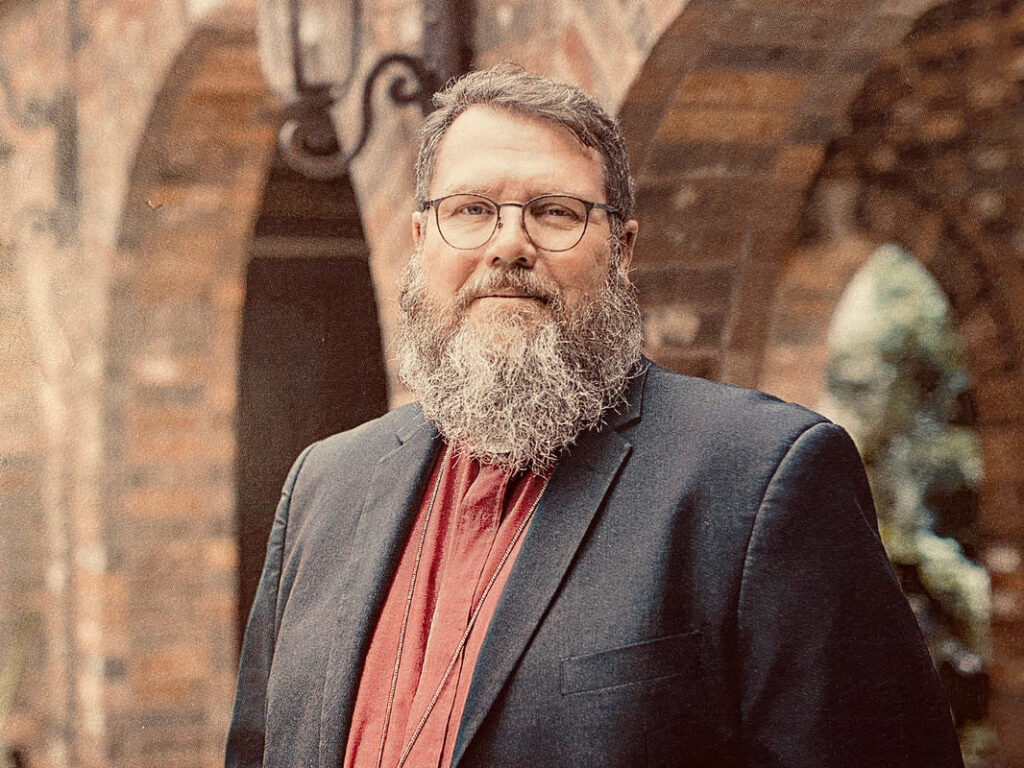
Bishop of the Diocese of San Joaquin. Bishop Menees is bilingual, speaking Spanish as well as English. According to his biography:
Following his ordination Bishop Menees served Spanish language congregations in East Los Angeles and Santa Ana in the Diocese of Los Angeles. From there he was called to the Diocese of San Diego to be the chaplain at The Bishop’s School in La Jolla, California and later as vicar and then rector of Grace Church, San Marcos. In 2011 by God’s grace Bishop Menees was elected the fifth bishop of San Joaquin succeeding Bishop John David Schofield. Bishop Menees serves as bishop for Caminemos Juntos the ACNA Spanish Language ministry support network, leads the Border Bishops’ Conference seeking to evangelize and plant churches in Mexico, is the ACNA representative to the Anglican Province of South America and the United States Conference of Catholic Bishops.
Bishop Menees also serves as President of Forward in Faith North America (FIFNA). During the controversy about Calvin Robinson’s speech to the Mere Anglicanism conference, Bishop Menees wrote:
The bigger issue for me as a Bishop of the Church and President of Forward in Faith North America is that we in the ACNA seem unable or unwilling to have the hard conversations that we need to have. Instead, we send 90-character tweets & vitriolic social media posts and or simply break fellowship with someone commonly referred to today as “Cancel Culture.” Shame on us!
In our “Victoria Statement” or technically “Statement from The College Of Bishops On The Ordination Of Women” issued at the conclusion of their September 7, 2017, conclave, the College of Bishops of the Anglican Church in North America stated that “we also acknowledge that [women’s ordination to the priesthood] is a recent innovation to Apostolic Tradition and Catholic Order. We agree that there is insufficient scriptural warrant to accept ordination to the priesthood as standard practice throughout the province.” Fr. Robinson’s plenary address echoed this statement and, albeit passionately, contrasted it with contemporary postmodern liberal political preferences that are deeply rooted in Critical Theory. It is clear to me that he was trying to engage the panel and the audience in confronting this issue which is simply a proverbial “elephant in the room” that is not going away and needs to be robustly discussed in a forum such as the Mere Anglicanism conference.
We at Forward in Faith stand ready and willing to have the hard conversation, to both speak and hear the truth spoken in love. Our prayer is that this young province will mature quickly and allow us to have what Archbishop Duncan used to call “Vigorous Fellowship”, another way of saying… “Speaking the Truth in Love.”
Bishop Chip Edgar
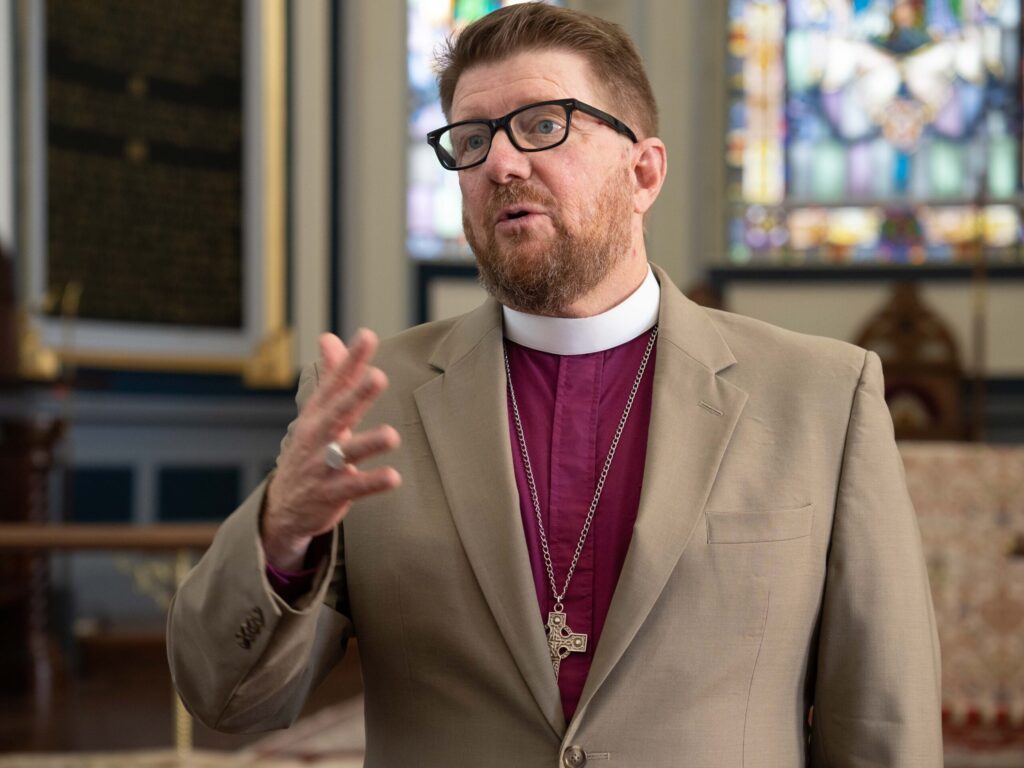
Bishop Edgar hasn’t been a bishop for very long, so that may not work in his favor. From his biography:
Prior to becoming our Bishop, Edgar served as the Planting Pastor, Rector and Dean of The Cathedral Church of the Apostles (Diocese of the Carolinas) in Columbia, SC, where he has served since 2004. During that time, he oversaw the growth of the church from a core group of 25 to an average Sunday attendance of nearly 400. He served as the Rector of St. Mark’s Episcopal Church, Glen Ellyn, IL from 1997 – 2004; as the Canon Pastor at the Cathedral Church of St. Luke in Orlando, FL from 1994 – 1997 and as the Curate at St. Paul’s Church, Chattanooga, TN from 1993 – 1994.
Bishop Edgar also weighed in on the “Mere Anglican controversy,” writing in part:
I, as your bishop, believe that the ordination of women comports with the teaching of scripture, most importantly, and is not ruled out by the tradition of the church. I welcome and encourage women in all levels of ministry. At the same time, given my commitment to “dual integrities,” I will support any who disagree with me. There will never come a time when I require anyone to act contrary to their conscience and commitments.
I do require, as a matter of godliness among us, that we always treat those with whom we disagree with love and charity and kindness. The kind of demeaning talk that marked the Revd Robinson’s presentation will not be countenanced.
In my admittedly short experience as a member of the ACNA’s College of Bishops, I have seen that our willingness to commit to each other in the spirit of “dual integrities,” has brought us into deeper fellowship and love, not less. It is easy to love those with whom you agree. The great reward comes from pressing into relationships of love with those with whom you disagree.
It is my prayer that, throughout my episcopacy, this will mark the life of our diocese, as well.
Bishop Ray Sutton
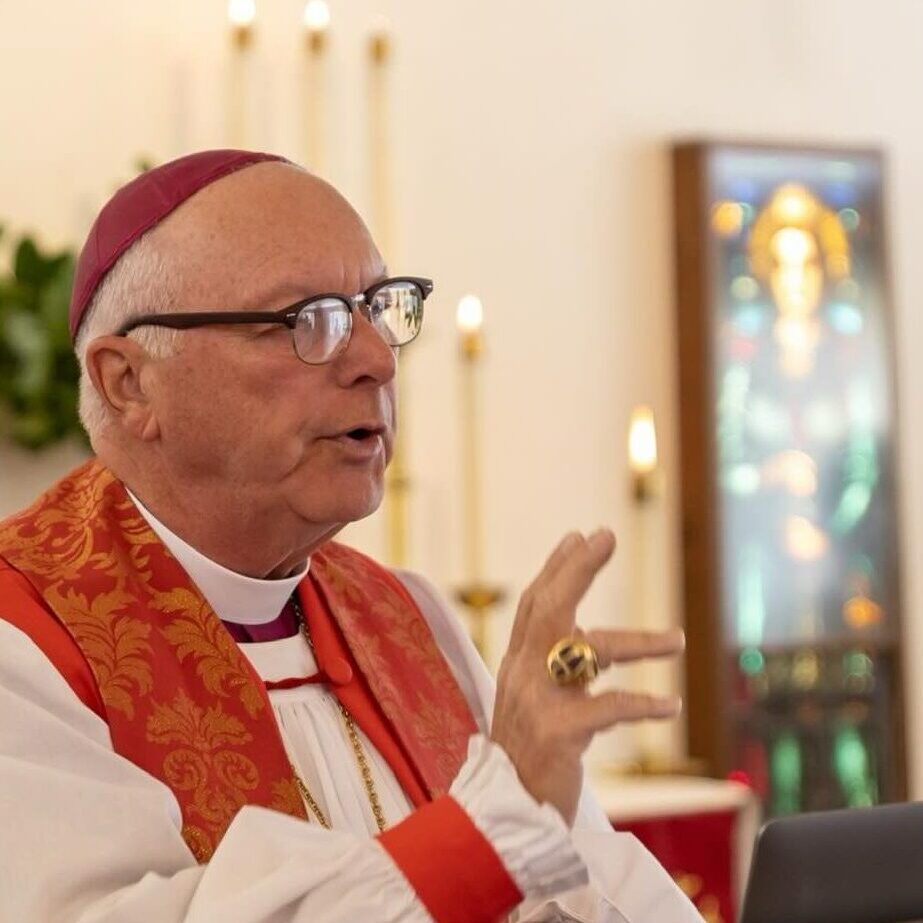
Bishop Sutton is the Presiding Bishop of the REC and has been at this a long time. He was nominated and had votes to be Archbishop in 2014, but there was some pushback and it resulted in Foley Beach becoming Archbishop. Bishop Sutton has traveled from theonomy in the 1980´s to Anglo Catholicism today. Bishop Sutton sees secularism as a unifying front of attack on the church and by implication sees old Protestant/Catholic divides as not important anymore.
Bishop Julian Dobbs
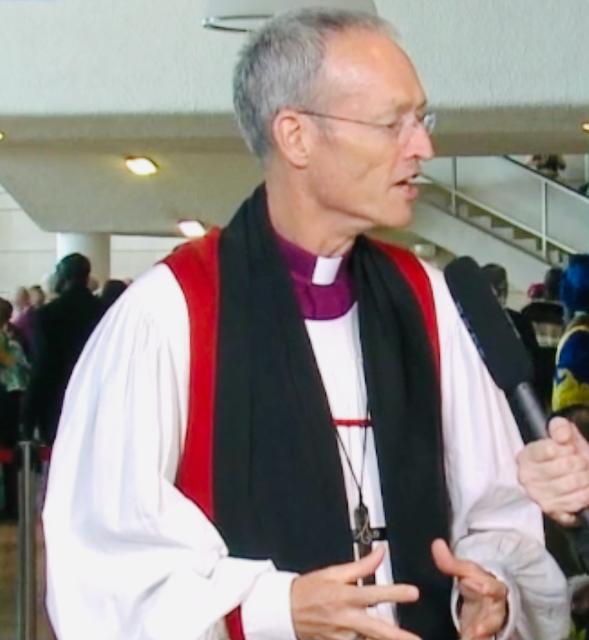
Bishop Dobbs heads the Anglican Diocese of the Living Word. His biography says:
Ordained in 1991, he planted three congregations and served as the rector of the fastest growing Anglican church in New Zealand. He was elected and consecrated as bishop by the Church of Nigeria (Anglican Communion) in 2011, and is a member of the College of Bishops in Nigeria and also the Anglican Church in North America (ACNA).
Bishops Dobbs is thoroughly Reformed. ADLW is a non-geographic diocese that allows Bishop Dobbs to minister across the country. He was pronounced to be “the Based Bishop” by Orthodox Christian Rod Dreher.
Bishop Steve Breedlove
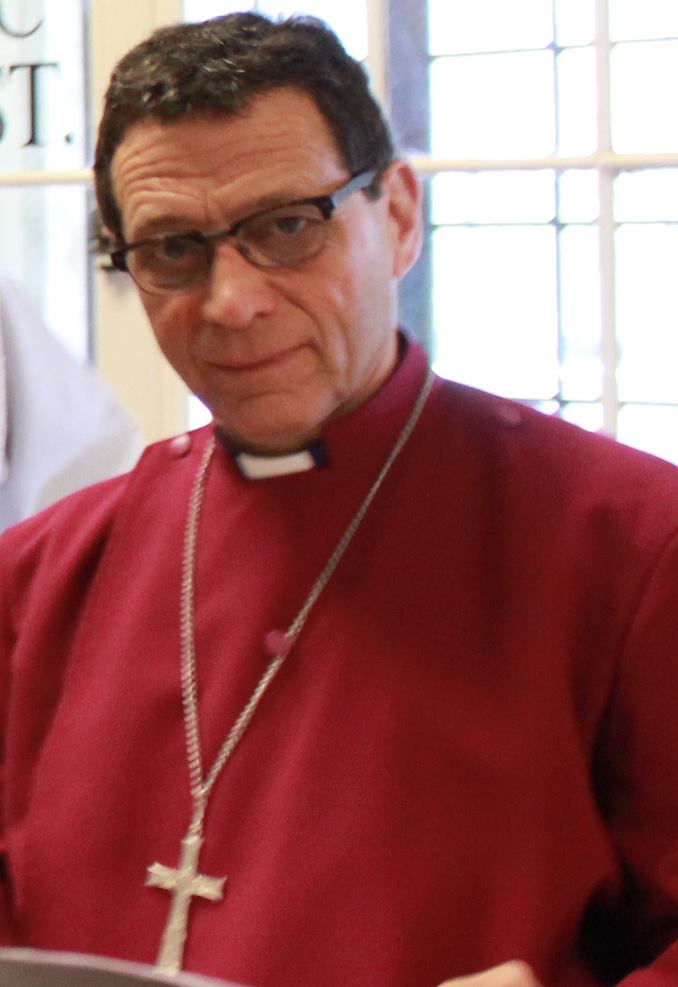
Breedlove is the Bishop Ordinary of the Diocese of Christ Our Hope, another non-geographic diocese in ACNA. I have my own issues with him as he utterly shut down my attempts to look at Anglican complicity with Rwandan dictator Paul Kagame (see here). Beyond that, he has serious issues exposed in this letter. With that said, he probably exhibits just the company spirit that might get him to the top.
(retired) Bishop Neil Lebhar
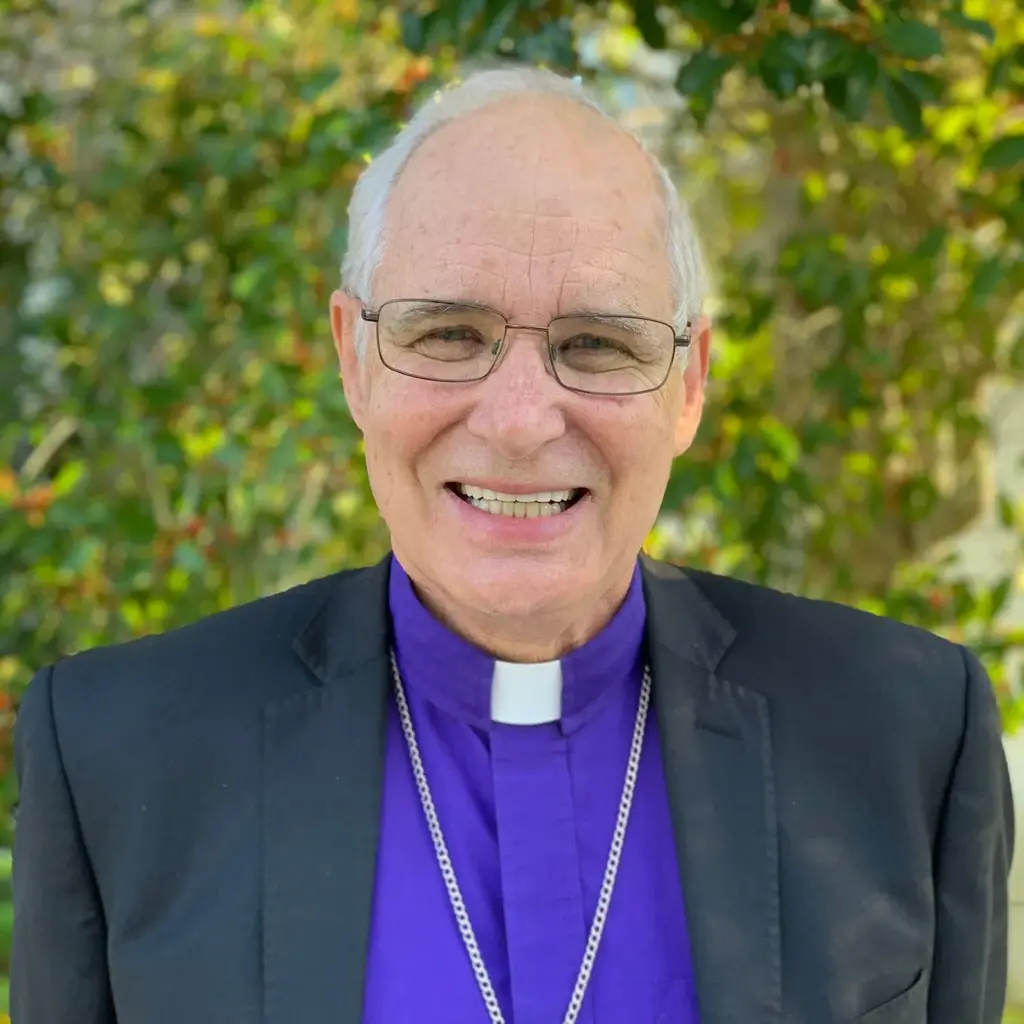
Bishop Lebhar is the kind of centrist churchman who might make an ideal candidate, if he could be nominated and elected out of retirement. His biography states:
Neil was consecrated in 2010 as the first bishop of the Gulf Atlantic Diocese of the Anglican Church in North America (ACNA) and retired in 2022.
Before his election, Bishop Lebhar served as rector of Church of the Redeemer in Jacksonville, Florida, beginning in 1988. Before coming to Florida, he served as Assistant Rector at Truro Church in Fairfax, Virginia.
I could see him as a one-term only “bridge to the future.”
Bishop Steve Wood
Bishop Wood makes sense as something of a centrist. His biography says:
Bishop Wood was ordained to the diaconate on June 15, 1991 and to the priesthood on February 1, 1992 by Bishop James R. Moodey, VIII Bishop of Ohio. He was appointed Vicar of St. Anne-in-the-Fields in Madison, Ohio where he served until April of 1995. He then served as Associate Rector and Chief of Staff at St. Luke’s parish in Bath, Ohio until his move to South Carolina…He was installed as Rector of St. Andrew’s Anglican Church in Mt. Pleasant, SC by Bishop Edward L. Salmon, XIII Bishop of South Carolina, on September 1, 2000…The Rt. Rev’d Stephen D. Wood was elected as the first Bishop of the Diocese of the Carolinas by the College of Bishops on June 5, 2012. He was consecrated Bishop at St. Andrew’s Anglican Church in Mt. Pleasant, SC by Archbishop Robert Duncan on August 25, 2013.
He seems to have avoided being tainted with many recent controversies in ACNA. Notably, he suffered a terrible bout of Covid during its early days. He strikes me as another Foley Beach type of leader.
Bishop Andrew Williams
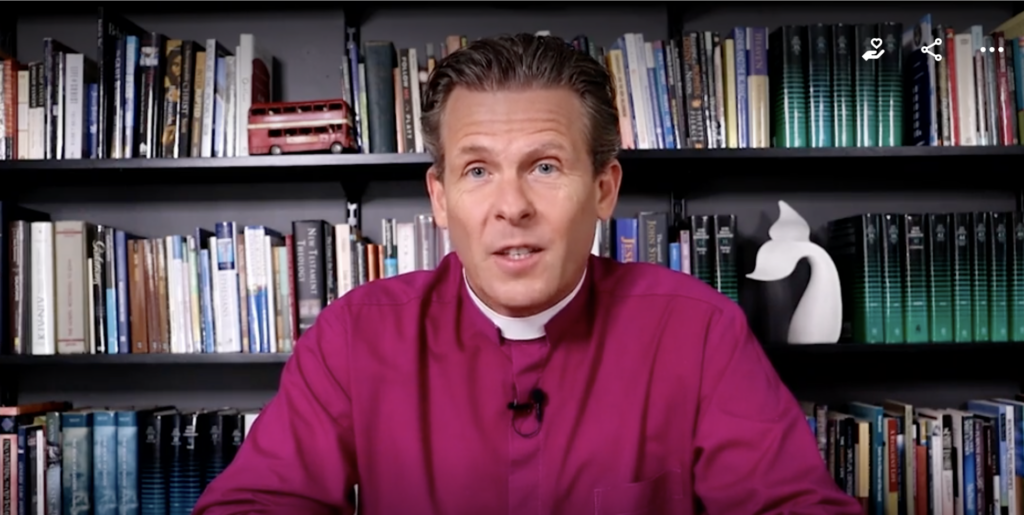
There is nothing American Anglicans love as much as clergy with a British accent. I kid but also am serious. I don’t know much about Bishop Williams, but his bio says:
…ordained in the Diocese of Exeter in 2000, after which he spent six years as Associate Vicar of St. Andrew’s, Chorleywood, a vibrant suburban congregation just outside London. Prior to arriving at Chorleywood, he served a congregation in the southwest of England. Beginning in October 2009, Bp. Andrew served as the Senior Pastor of Trinity Church in Greenwich, CT, with an area of focus in developing and overseeing missional communities and multi-site congregations.
On January 10, 2019, the Anglican Church in North America’s College of Bishops consented to the election of the Rt. Rev. Andrew Williams as the next bishop for the Anglican Diocese of New England. Bp. Andrew was consecrated on March 16, 2019 as the successor to the Rt. Rev. William Murdoch, who served as the founding bishop of the diocese since 2008.
The commenter also mentions Felix Orji, Derek Jones, Ryan Reed, Ken Ross, and Alberto Morales as possibilities. Your guess is as good as mine, but I think Steve Wood makes a lot of sense based on nothing but instinct.
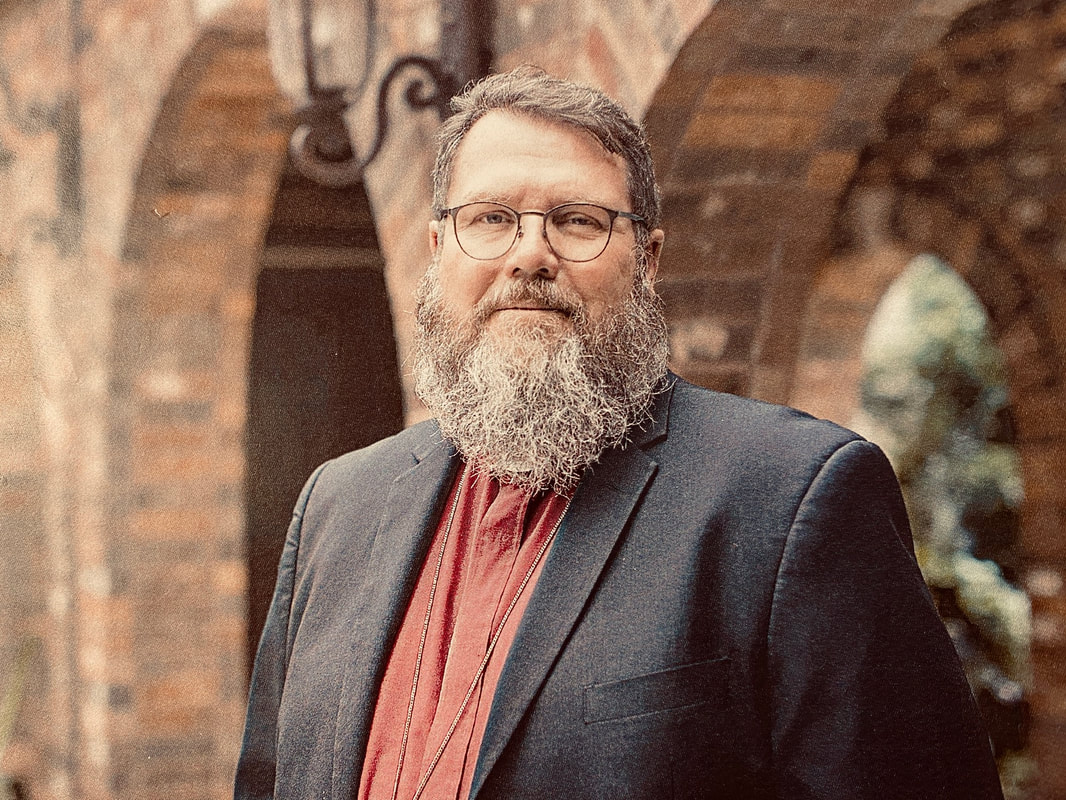
Comments
7 responses to “The next ACNA Archbishop”
Good article.
Couldn’t be Lebhar; the canons require that the archbishop be a “bishop with jurisdiction.” Looking at the diocesan bishops, there are many new ones in the past few years, and a few who will retire in the next year or so (Breedlove, Andrews, Lipka, Atwood). I don’t expect someone very new to the college of bishops to command support for the primacy. Also, I’d be surprised if anyone over 65 was elected given the substantial domestic/international travel demands of the job and the 5-10 year commitment. To my mind, that leaves Steve Wood, Felix Orji, Eric Menees, Julian Dobbs, Derek Jones, Ryan Reed, Ken Ross, Drew Williams, and Alberto Morales in the sweet spot. Orji is likely out due to the tension with Nigeria. Morales is unlikely due to Quincy’s tensions with the rest of ACNA. I could see any of the rest being serious candidates.
What are Quincy’s tensions with the rest of the ACNA?
They don’t pay their full diocesan assessment to the province and they don’t use our prayer book.
What’s the reason for that?
We don’t need a centrist. We need someone with a spine. No more Anglican Fudge.
This article misses out on Clark Lowenfield, a very likely contender.
Sutton is to old (73), Menees is too Anglo-Catholic. I think Julian Dobbs has a lock on the job. Reform but anti-WO.